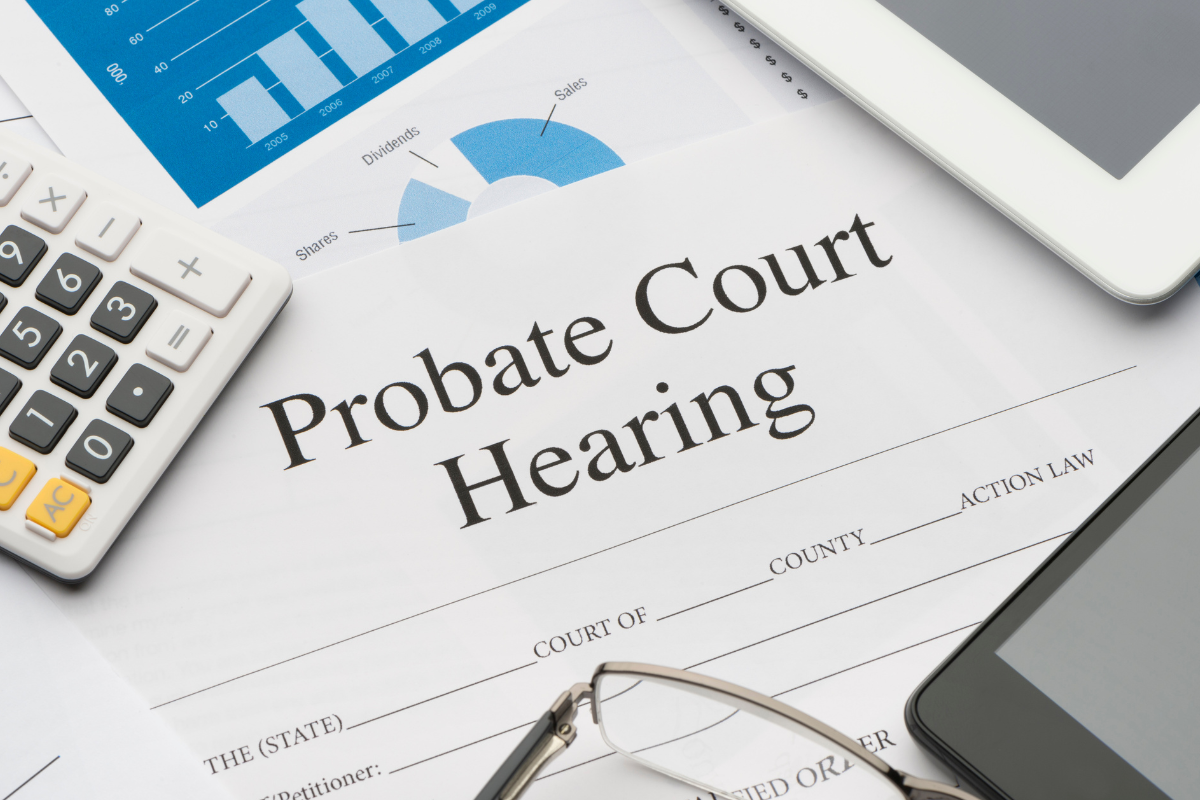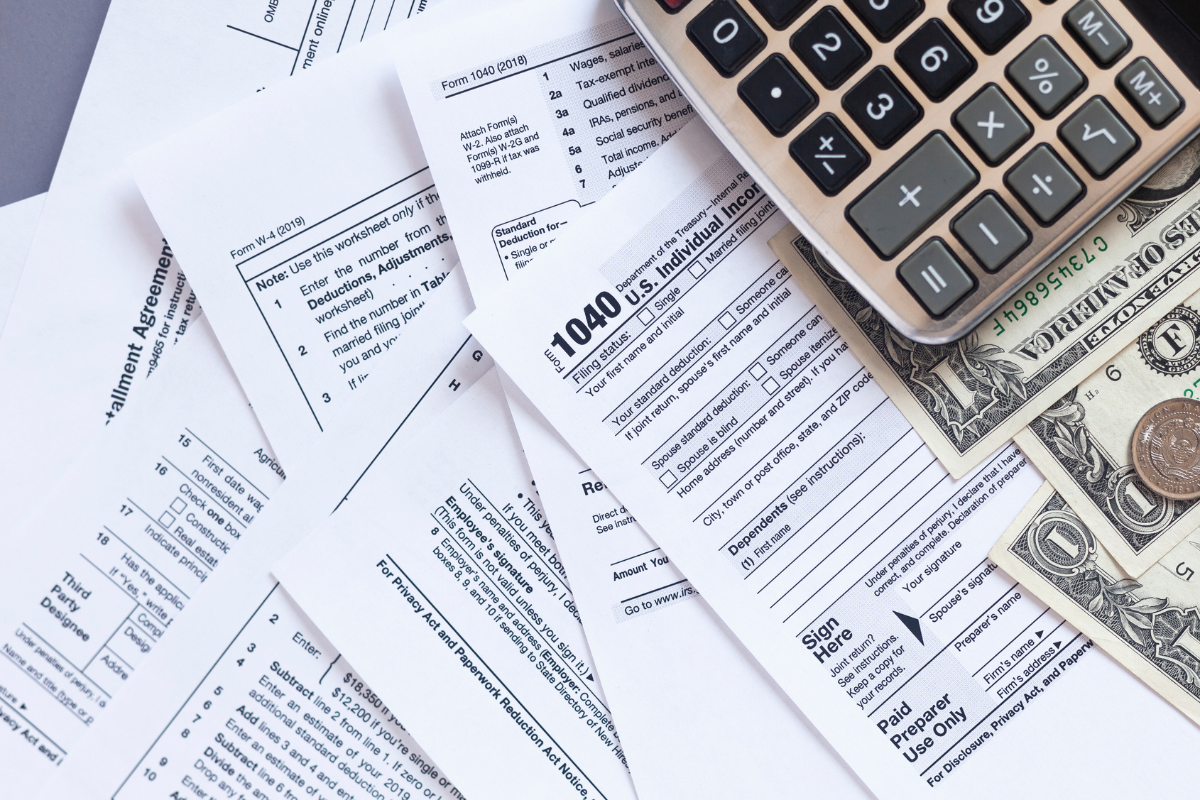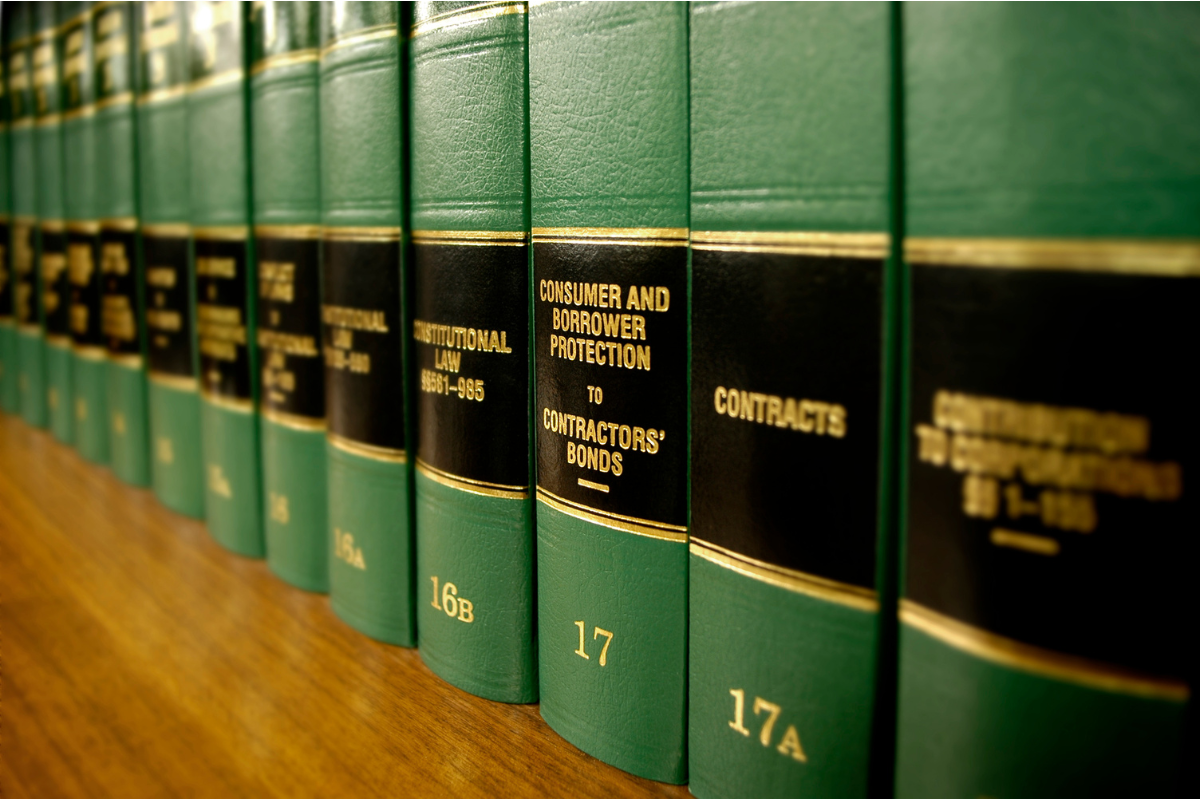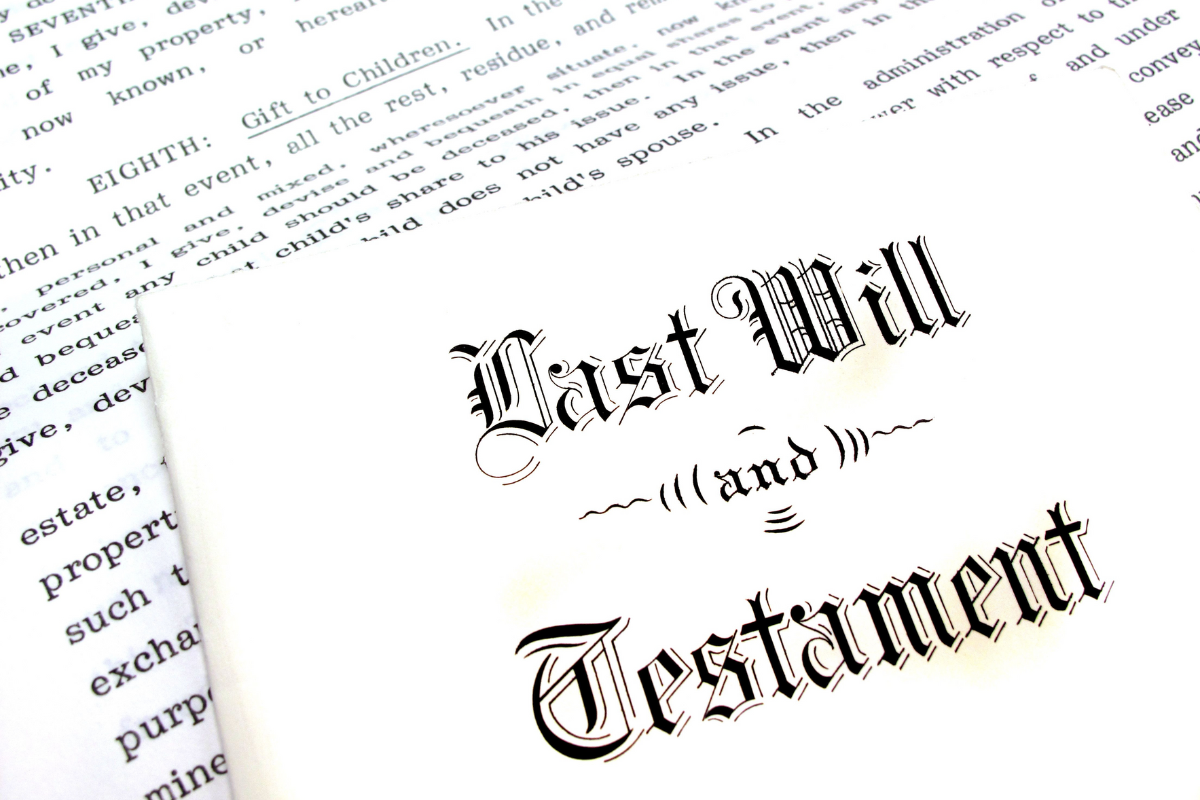Post Disclaimer: This blog reflects the author's personal experience with end-of-life matters and is provided in good faith for informational purposes only. While we aim to provide clear guidance on hard-to-find topics, this content is not legal advice and your use is at your own risk. Estate planning and end-of-life laws vary by location, so please consult your state's laws and seek guidance from a licensed attorney for your specific situation. We make no warranty about the accuracy or completeness of this information, which does not replace professional legal counsel. For more information, please see our full disclaimer.
In this post, we'll delve into the question, "What does a probate lawyer do?" and explore the various ways they assist heirs and estate executors during the challenging time of losing a loved one.
We'll cover the complex legal process of probate, the key responsibilities of a probate attorney, and how they guide executors through validating wills, settling debts, and distributing assets according to the deceased's wishes.
Additionally, we'll discuss the factors that determine whether you need a probate attorney, focusing on the size and complexity of the estate.
By the end of this post, you'll have a clearer understanding of the critical role probate lawyers play in navigating the legal complexities that follow the loss of a loved one.

What is Probate?
Navigating through unfamiliar legal waters adds to the challenge of dealing with a loved one's loss.
Probate might sound intimidating, but understanding it can make the process smoother.
Below, we break down what probate is, when it’s necessary, and who oversees it.
Defining Probate
Probate is the legal procedure required to settle a deceased person’s estate.
It involves validating the will, if one exists, and ensuring all debts and taxes are addressed before assets are distributed to beneficiaries.
Think of it as a checkpoint system that protects everyone involved—creditors, heirs, and executors.
If there’s no will, probate also determines how assets are divided based on state laws, a process called intestate succession.
It ensures that even without written instructions, the estate is handled lawfully.
Need more clarity? The complete guide to probate from the American College of Trust and Estate Counsel (ACTEC) explains its processes and intricacies.
When Is Probate Required?
Not every estate needs to pass through probate.
This depends on multiple factors, such as the size and type of assets involved and whether there is a will.
Here are key considerations:
- Presence of a Will: A valid will streamlines probate but does not necessarily skip.
- Ownership Types: Properties owned jointly (e.g., with rights of survivorship) or assets with named beneficiaries (e.g., life insurance or retirement accounts) often bypass probate.
- Estate Size: Smaller estates may qualify for simplified processes. For example, a small estate affidavit often allows heirs to claim assets without probate court involvement.
It’s worth noting that state laws govern probate thresholds, so the rules may differ depending on where you live.
Who Oversees Probate?
Probate operates under the court's jurisdiction, but the executor or personal representative of the estate plays the most active role.
Executors are named in the will or appointed by the court for intestate estates (those without a will).
Their duties include:
- Locating and managing assets.
- Settling outstanding debts and taxes.
- Distributing the remaining estate to heirs.
The probate court ensures all steps are followed correctly and intervenes when disputes arise.
Executors are key players in the process, and understanding their authority is essential to managing a smooth estate transition.
To learn more, check out my article about letters of testamentary, which empower executors legally to act on behalf of an estate.
In probate, no one should feel lost or overwhelmed.
If you’re asking, “Do I need a probate attorney?” The answer often depends on the complexity of the estate.
Seeking legal guidance can make everything clearer and ensure you’re meeting all the right requirements.

Responsibilities of a Probate Lawyer
Understanding the responsibilities of a probate lawyer can help you better navigate the complexities of estate management.
From filing legal paperwork to ensuring debts and taxes are paid, probate lawyers play a central role in assisting executors and beneficiaries.
Below, we break down their key responsibilities.
Assisting with Legal Documentation
One of the primary responsibilities of a probate lawyer is preparing and filing the necessary documents to start the probate process.
This includes submitting the will to the probate court (if one exists) and preparing court petitions to officially appoint the estate executor.
- They ensure all documents meet state-specific rules.
- They help reduce the risk of errors that could delay the process.
- They navigate legal jargon, which can be overwhelming for those unfamiliar with estate law.
By managing the paperwork, a probate lawyer helps streamline a process that may otherwise seem overwhelming, ensuring that legal requirements are met every step of the way.
Guiding Executors and Heirs
The executor of an estate is tasked with numerous legal obligations, many of which can feel daunting.
A probate lawyer acts as their guide, offering critical advice and support to help them fulfill their duties.
- For Executors: They ensure executors understand their responsibilities, such as inventorying assets and addressing outstanding debts.
- For Beneficiaries: Lawyers protect the rights of heirs, ensuring assets are distributed according to the will or state law.
Without this guidance, executors and heirs may unknowingly violate their legal obligations, leaving room for potential conflicts.
Read more about the importance of estate planning in Up & Doing's article, Do You Need a Will? Essential Facts About Estate Planning.
Resolving Estate Disputes
Disputes can arise during probate, especially in situations involving unclear wills or competing claims over assets.
Here’s how a probate lawyer can help:
- Mediation: They act as a neutral party to mediate disagreements among family members.
- Representation: If disputes escalate to court, they represent executors or beneficiaries during litigation.
Addressing issues early can prevent costly, prolonged court battles.
In cases where a trust is involved, exploring options like revocable trusts may help minimize future disputes.
You can learn more in my article covering revocable trusts vs. irrevocable trusts.
Handling Debts and Taxes
Dealing with a deceased person's debts and taxes is a significant aspect of the probate process.
Probate lawyers assist executors in navigating these financial obligations.
- Debt Resolution: They identify valid debts owed by the estate and ensure they’re paid correctly from estate funds.
- Estate Tax Management: When applicable, they oversee the calculation and filing of estate and inheritance taxes to avoid penalties.
This ensures all creditors and tax authorities are properly addressed, preventing complications for heirs down the line.
Need more information on managing probate assets? Check out our article, What Is a Lady Bird Deed?
Asset Distribution
Once debts and taxes are handled, a probate lawyer's final duty is to assist in the distribution of assets to beneficiaries.
- They ensure the executor follows the will’s instructions or the state’s intestacy laws if there’s no will.
- They also handle the transfer of property deeds, investment accounts, and other financial assets.
By facilitating this process, probate lawyers eliminate confusion and ensure each heir receives their rightful inheritance.
If you're asking yourself, Do I need a probate attorney?, the answer often depends on the specifics of the estate.
Whether the process seems simple or overwhelming, understanding their responsibilities can make it easier to decide.
To explore this further, read What Is a Probate Lawyer? at FindLaw.com.

Do You Need a Probate Lawyer?
Navigating probate can be a complicated process, and many people are unsure whether hiring a probate lawyer is necessary.
Understanding when legal assistance is essential—and when it might not be—can save time, money, and stress.
Below, we explore different scenarios to help you make an informed decision.
Can You Do Probate Without a Lawyer?
In some situations, handling the probate process without hiring an attorney is possible.
This typically depends on the estate’s simplicity and whether disputes will likely arise.
Here are common factors where legal help may not be necessary:
- Small Estates: Many states offer simplified probate procedures for smaller estates, such as using a small estate affidavit. These processes often don’t require extensive court involvement.
- Clear Wills: If the will is straightforward, uncontested, and all beneficiaries agree, you can likely manage the process independently.
- Joint Ownership: Assets such as jointly owned property may bypass probate entirely, simplifying matters for the executor.
- Named Beneficiaries: Items like life insurance or retirement accounts with designated beneficiaries often don’t go through probate.
However, even if the estate seems straightforward, legal guidance can prevent potential issues from arising.
For more insight, check out Will You Need to Hire a Probate Lawyer?.
Benefits of Hiring a Probate Lawyer
While you can manage probate alone in some cases, there are clear advantages to hiring an experienced professional.
A probate lawyer can ensure the process runs smoothly and reduce the risk of costly errors.
Some benefits include:
- Expertise in Legal Procedures: Navigating state-specific probate laws can be overwhelming. A probate lawyer ensures all documents are filed correctly and deadlines are met.
- Conflict Management: Disputes among beneficiaries can quickly escalate. A lawyer acts as a mediator and protects the estate’s interests.
- Efficient Resolution: Legal experts streamline processes, ensuring debts, taxes, and asset distributions happen efficiently.
- Protection of Executors: Executors have personal liability in certain situations. Lawyers prevent unintentional errors that could lead to legal consequences.
By managing these responsibilities, a probate attorney provides peace of mind during an emotionally challenging time.
To explore these benefits further, read What Is a Probate Lawyer & When You May Want to Hire One.
When to Consult a Probate Lawyer
Certain situations demand the expertise of a probate attorney.
Handling complex estates without legal guidance can lead to disputes, delays, or even financial penalties.
Here are instances when consulting an attorney is highly recommended:
- Disputed Wills: If the validity of a will is challenged, legal representation is crucial to defending the estate.
- Multiple Beneficiaries: Disagreements among heirs can lead to conflicts. A lawyer can mediate and ensure fairness.
- High-Value Estates: Estates with significant assets or multiple properties often involve intricate tax and legal considerations.
- Debt Issues: If the deceased left behind substantial debt, a probate lawyer can help prioritize payments and protect the executor.
- Intestate Estates: When the deceased passes without a will, state laws govern asset distribution. An attorney ensures compliance with these laws, avoiding potential errors.
If you're unsure, seeking legal advice is always a safe option. Learn more about navigating these complexities in FindLaw's Do I Need a Lawyer for Probate?
In conclusion, the complexity of the estate and your comfort level with managing legal procedures determine whether you should hire a probate lawyer.
Whether you take on the task alone or hire professional help, understanding your options is a crucial first step.

How to Find a Probate Lawyer
Finding the right probate lawyer can transform a challenging legal process into a manageable one.
Whether you're an executor or an heir, selecting a trustworthy attorney ensures a smoother probate journey.
Here’s how to find one that fits your needs.
Factors to Consider
Choosing a probate lawyer involves evaluating their skills as much as their personality.
Here are some things to keep in mind:
- Experience in Probate Law: Look for lawyers who specialize in estate matters and have a deep understanding of probate regulations.
- Communication Skills: Your lawyer must be approachable and willing to explain complex legal terms clearly.
- Reputation: Seek attorneys with strong client reviews and a history of ethical practices. Research their standing in the legal community.
- Accessibility: Make sure they are responsive and simple to reach. The process often involves time-sensitive steps.
Your comfort level matters, too.
If the lawyer doesn’t match your needs or values, move on.
Questions to Ask Before Hiring
When interviewing potential probate lawyers, ask questions to gauge their suitability.
Here are some key points to address:
- What is your background in probate law? Experience counts, especially with estates similar in complexity to yours.
- How do you charge for your services? Understand whether they bill hourly, flat, or contingency fees.
- How long will the probate process take? While timelines vary, seasoned lawyers can provide realistic estimates.
- What potential challenges could arise? Identifying potential hurdles early can prevent surprises down the road.
- Who will handle my case primarily? Confirm whether you’ll deal with the lawyer directly or their associates.
Asking these questions will help you choose a lawyer who fits your needs while avoiding potential headaches.
Resources for Finding a Reliable Probate Law Attorney
Where do you start looking for a probate lawyer?
Here are a few proven strategies:
- Personal Recommendations: Ask family, friends, or coworkers if they’ve worked with a probate attorney they trust.
- Bar Association Referrals: Local bar associations often have directories of attorneys sorted by specialty.
- Online Directories and Reviews: Websites like Nolo provide profiles and reviews of probate lawyers near you.
- Estate Planning Firms: Many have in-house probate attorneys or can offer trusted referrals.
- Legal Aid Organizations: Legal aid groups often provide access to low-cost or free probate services if affordability is a concern.
For additional tips on selecting a skilled lawyer, check out how to choose a competent probate attorney.
The right probate lawyer can relieve the burdens of legal formalities, leaving you free to focus on what matters most during this emotional time.
Find a lawyer you trust and feel confident in.
Whether you need one or not, understanding this process starts with exploring your options.

What Do Probate Lawyers Charge?
Understanding lawyer fees is a vital step for estate executors and heirs when dealing with the probate process.
Legal costs can vary widely depending on the estate’s complexity, location, and the lawyer's experience.
Before diving into specifics, it helps to familiarize yourself with typical fee structures and additional factors influencing cost.
Typical Fee Structures
Probate lawyers typically use a few common methods to charge for their services.
Each structure comes with its own advantages, so knowing your options can make planning simpler.
- Hourly Fees: Depending on their expertise and region, many probate attorneys typically charge hourly fees ranging from $150 to $500. This option works best when the case appears straightforward or you’re confident about keeping time-efficient meetings.
- Flat Fees: Some lawyers offer a flat rate for handling routine probate cases. This allows clearer up-front budgeting. Keep in mind, though, that any unexpected complications may incur additional charges.
- Percentage of Estate Value: In some cases, fees are calculated as a percentage of the estate's value. This might range from 2% to 7%, but it may not always align with the amount of work actually involved.
For a deeper look into these billing methods, check out Probate Lawyers' Fees and Billing.
Cost-Saving Tips
Probate can be costly, but you can take steps to manage expenses responsibly.
Implement these strategies to keep fees in check:
- Organize Financial Documents in Advance: The more prepared you are, the less time will be spent gathering information during consultations.
- Limit Legal Hours: Only consult the lawyer on essential matters. For simpler tasks, like organizing records or notifying heirs, consider managing them independently.
- Use a Small Estate Affidavit: If the estate qualifies, simplified probate procedures like a small estate affidavit may allow you to bypass full probate and its associated legal fees.
- Compare Rates: Don’t hesitate to shop around. Reach out to multiple lawyers for estimates and determine what services their fees include.
By staying proactive, you can reduce expenses while still ensuring that the legal requirements of probate are met.
Other Costs to Consider
Beyond lawyer fees, the probate process can involve several other expenses.
These can add up, so it’s essential to be aware of them right from the start.
- Court Fees: Filing fees and court costs will vary by location but are typically mandatory for probate proceedings.
- Executor Fees: Executors may have their own compensation; sometimes this is a fixed rate or a percentage of the estate.
- Appraisal Costs: If assets like real estate or valuable property require appraisals, professional appraisers may need to be hired.
- Tax Preparations: Depending on the estate’s financial complexity, you may also need to pay for professional tax return filings.
Understanding all aspects of probate costs can save you from future surprises.
For more insight, resources like How Much Does a Probate Lawyer Cost? can offer detailed examples of fee structures and additional expenses.
Navigating probate doesn’t have to come with financial stress if you plan ahead and understand what to expect.
While necessary, legal assistance doesn’t need to drive up costs unnecessarily with the right strategies in place.
Frequently Asked Questions
Navigating probate can be complex, especially when legal processes are involved.
If you’re managing the estate of a loved one, knowing the answers to common questions is essential.
Below, we’ve addressed some frequently asked concerns about working with a probate lawyer.
What is the difference between an estate lawyer and a probate lawyer?
Though similar, estate lawyers and probate lawyers serve distinct purposes.
An estate lawyer focuses on proactive planning—drafting wills, setting up trusts, and ensuring assets are allocated according to a person's wishes before they pass away.
They help clients avoid future legal issues.
A probate lawyer steps in after someone has passed.
They assist with executing wills, navigating court processes, and handling disputes that may arise during asset distribution.
Essentially, an estate lawyer establishes the foundation for asset management, whereas a probate lawyer guarantees appropriate implementation following death.
How much does probate cost without a lawyer?
The costs of probate without hiring an attorney vary depending on the estate's complexity and the applicable state laws.
Typical expenses include:
- Court filing fees: These can range from $50 to several hundred dollars.
- Executor Compensation: Executors may be entitled to compensation based on a percentage of the estate’s value.
- Additional Costs: Include appraisals, bond premiums, and any required notifications to creditors or heirs.
While you can save on legal fees, handling probate yourself can lead to errors.
For example, missed deadlines or improper filings may incur penalties, delaying asset distribution.
Need detailed insights? Visit Probate Law FAQs from the legal information site Justia.com for more clarity.
How long does it take to complete the probate process?
The timeline of probate depends on factors like the estate's size, disputes among heirs, and court caseloads.
On average:
- Uncomplicated cases: Can take 6-9 months.
- Complex estates: May take 1-2 years or longer, especially if litigation is involved.
Delays often occur when disagreements arise or when assets are particularly challenging to appraise.
Hiring a probate lawyer can streamline this process and help reduce these delays.
Curious about the specifics of speeding up probate?
Learn more about it in Probate with Real Estate FAQ.
Is a probate lawyer necessary if all heirs agree?
Even when heirs unanimously agree, the probate process still requires legal checks and documentation.
While you are not legally required to hire a lawyer, consider the following:
- Court Forms and Deadlines: Ensuring accurate completion can be harder without professional guidance.
- Tax and Debt Obligations: These must be settled correctly to avoid executor liability.
- Complex Assets: Real estate or business interests often demand expertise.
While you can go without a lawyer in simple cases, having one ensures smoother proceedings and fewer risks.
For more insights, read Questions to Ask a Probate Lawyer at Empathy.com
What happens if the executor makes mistakes during probate?
Executors have a legal obligation to act in the estate’s best interest.
Mistakes during probate, such as mismanaging funds or failing to notify creditors, can lead to legal consequences, including:
- Personal Liability: Executors may be held financially responsible for errors.
- Delays in Asset Distribution: Errors can prompt court interventions, prolonging the process.
- Disputes among Heirs: Missteps can strain family relationships and lead to litigation.
A probate lawyer acts as a safeguard, helping executors avoid costly errors.
Want to learn more about executor responsibilities? Visit Up & Doing's Executor's Legal Responsibilities: Navigating Estate Settlement.
Can a probate lawyer handle estate disputes in court?
Yes, probate lawyers frequently step in during estate disputes to provide mediation or litigation services.
Some common conflicts they address include:
- Contested Wills: When heirs dispute the validity of the will.
- Undistributed Assets: If disagreements arise over asset allocation.
- Claims from creditors: Debts or financial disputes challenging the estate's solvency.
A skilled probate lawyer resolves these matters efficiently, often preventing prolonged court battles.
For guidance on resolving estate disputes, explore What Questions to Ask a Probate Attorney.
How are probate fees paid if the estate has no liquid assets?
Probate fees can be challenging to manage if the estate lacks readily available cash.
In such cases:
- Asset Liquidation: Non-liquid assets, like real estate, might need to be sold.
- Executor Advances: Executors may pay upfront and be reimbursed later.
- Estate Loans: Specialized financing can cover costs until other assets are distributed.
An experienced probate attorney can guide executors through payment options while ensuring compliance with state laws on asset handling.
For more practical insights, consider checking out the Texas Probate Attorney Guide.
Understanding these FAQs can save time, avoid common mistakes, and ensure a smoother process.
Making informed decisions is crucial, regardless of whether you manage an estate independently or seek professional assistance.

Wrap-up: What Does a Probate Lawyer Do?
Hiring a probate lawyer can ease the complex emotional and legal challenges of settling an estate.
Whether you're an executor, heir, or navigating this territory for the first time, professional support ensures all responsibilities are met efficiently and legally.
If you've been asking, Do I need a probate attorney? Take time to evaluate your unique circumstances.
Complex estates, disputes, or significant debt often benefit from expert guidance.
For assistance in decision-making, consider exploring our detailed resources on the executor's legal responsibilities.
Remember, the right lawyer simplifies legalities and protects your peace of mind during a difficult time.

Resources: What Does a Probate Lawyer Do?
Here's a list of resources for learning more about probate, estate management, finding a probate attorney, etc.:
Books:
- "Nolo's Quick & Legal Will Book" by Denis Clifford: A popular guide for creating a will, which often touches upon the probate process and the role of an attorney. Good for a basic understanding. (Check it out at Amazon here: https://amzn.to/41CPV2i)
- "The Executor's Handbook: Settling an Estate, Step-by-Step" by Theodore E. Hughes and Jeffrey A. Baskies: Provides a detailed overview of the executor's duties, including working with the probate court and attorneys. (Check it out at Amazon here: https://amzn.to/3ZO4AXm)
Websites:
- American Bar Association (ABA): (www.americanbar.org) Search their site for information on finding a lawyer specializing in probate and estate planning in your area. They often have articles and resources explaining the probate process.
- State Bar Associations: Each state has its own bar association (e.g., the State Bar of California, the Florida Bar). These websites provide resources for finding local probate attorneys and information on state-specific probate laws and procedures.
- Nolo.com: This website offers legal information for the public, including articles and resources on wills, estates, and probate. It's a useful starting point for understanding the basics.
- FindLaw.com: Similar to Nolo, FindLaw offers a wealth of legal information, including articles on probate and estate administration. They also have a lawyer directory to help find local probate attorneys.
- AARP (aarp.org): While geared towards older adults, AARP provides valuable resources on estate planning, including information on wills, trusts, and probate.
Organizations:
- National Academy of Elder Law Attorneys (NAELA): (www.naela.org) While focused on elder law, NAELA's website can be helpful for finding attorneys specializing in probate and estate planning for seniors.
- Your Local County Courthouse: The local courthouse website often provides information on probate procedures specific to your county, including forms, fees, and contact information.
Articles:
- Forbes Advisor: What Is Probate And How Does It Work?
- Investopedia: Probate: What It Is and How It Works
Check out the Up & Doing glossary page for an alphabetical listing of key terms related to estate administration, funeral planning, and other end-of-life topics.




